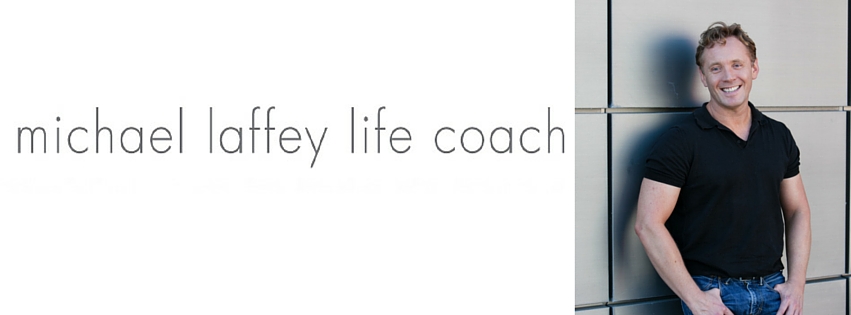Is Sugar The New Fat?

Brighton Science Festival | 5th Sept 2017 | Sugar Is The New Fat
These are my notes from a talk at the Brighton Science Festival a couple of weeks ago.
A healthy diet is part of a healthy lifestyle and contributes significantly to our overall wellbeing. We all know we should eat healthily and yet healthy eating can be the first thing to go out the window when we’re rushed or stressed.
We are often presented with new findings and recommendations which can leave us feeling unclear and frustrated when all we are trying to do is our best.
Is the view on sugar changing in much the same way as the discussion on fat intake has changed over recent years?
Here’s what I jotted down…
Thank you to the excellent speakers and to the Angry Chef for the demonstrations.
******
Most Common Types of Sugar | Reminder:
- Glucose – the sugar in our blood
- Fructose – sugars in fruit
- Sucrose – table sugar
- HFCS – US sugar substitute
- Lactose – sugars from milk
Sugar was uncommon in most diets before the 19th Century.
During the middle-ages sugar was considered an exotic, rare and expensive commodity; treated in much the same way as a spice.
A Quirky Historical Note | The Anti-Saccharides
A movement in the late 18th Century (1791-1794) as a protest against slavery.
300,000 familes boycotted sugar which dropped sugar consumption by a third.
WHY WE LIKE SUGAR & HOW IT IS USED
- It adds sweetness to dishes
- It rounds off sharp flavours
- Sugar takes on different properties at different temperatures, giving us a variety of treats, with each stage becoming darker and more bitter:
- 110 degrees – syrup
- 115 degrees – soft ball stage – used for fondant or fudge
- 118-121 degrees – Hard ball stage – caramel
- 121-129 degrees – soft cracked/strand stage – use in marshmallow or gum sweets
- 132-143 degrees – Hard cracked stage – caramelisation
- 148-154 degrees – butterscotch
In baking, sugar adds aeration and more structure to our cakes. Without sugar cakes are denser and tend to have a cracked finish. Too much sugar and a cake will sink
In lower sugar content foods, fat is often added to compensate, making items calorifically denser.
TRENDS AND RECOMMENDATIONS
Studies have shown that sugar consmption is down in the UK and Australia. Yet this does not receive much media attention.
Recommended intake of sugar as a percentage of diet:
- For physical health and to control levels of obesity: 10%
- For our dental health: 5%
The UK target has consistently been 10% since 1991.
It was acknowledged that this can be hard to track. Does labelling help? and is there really a consistent measurement of teaspoons or sugar cubes on indicative food labels?
ADDICTION -v- PLEASUREABLE
- Sugar is not a nutrient
- We do not need to add it to our diets as it is present naturally in our foods
- Sugar does appear to trigger a pleasure response and people have different addictive responses to different stimuli
SUGAR – GOOD OR EVIL?
- Sugar is often demonised and aligned to causing obesity
- The issues that contribute to obesity are often multi-factoral and are not caused by high sugar content foods alone
- Sugar reduction is not sugar replacing. Any reference to forms of restriction often heighten a desire to fill the gap we feel has been created
- The important message is to focus on food quality and not nutrients alone
TAKE HOME MESSAGES
- Sugar is just sugar. Don’t overly complicate it
- Food is nourishment and is a means of enjoying many social and cultural exchanges as part of our overall wellbeing
- Ignore “nutri-babble”. Understand your relationship with food and enjoy its variety
- If you quit sugar you are denying yourself something you like. What will serve you better is learning about better choices through your experiences
- Relax. Don’t judge. Allow yourself to be objective
MY TAKE AWAY THOUGHTS
- Don’t demonise sugar. It has its place in our enjoyment of certain foods such as baking. Baking is a form of care, creativity and generosity
- Demonisation infers some level of power. Why give that power away when we have the ability to choose what we want. We can choose as much or as little of anything if we understand it better
- Be aware. As in all things, become aware of levels if intake, environments you are in, stress and mood levels. These will impact your choices
******
Related:
British Science Association: Discussion: Sugar is The New Fat
The Angry Chef – The website of Anthony Warner’s not very secret alter-ego, where he gets angry about lies, stupidity and pretensions in the world of food
The Nourishment Network – A group of academics and food professionals looking to change the discourse on food and health


